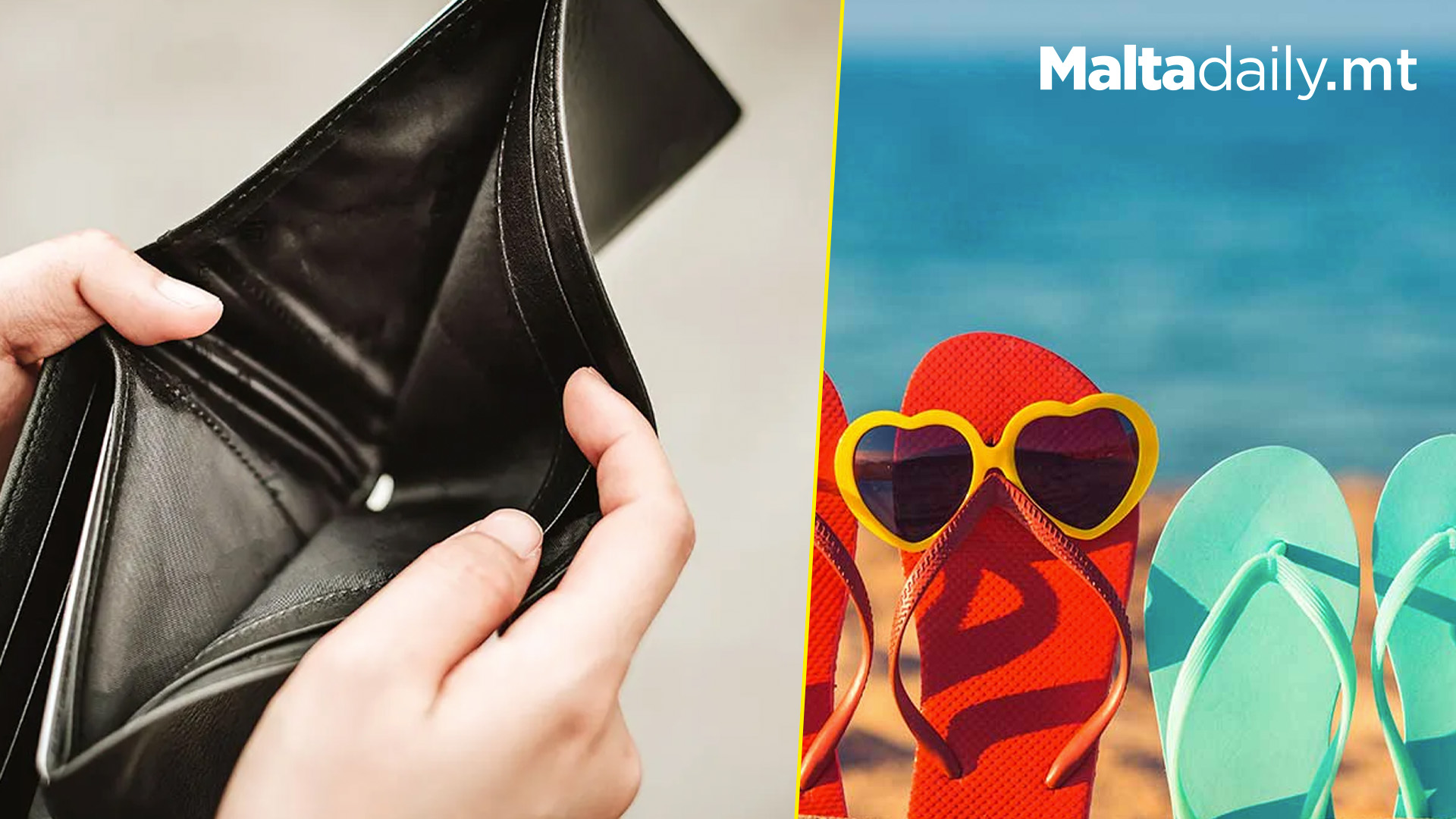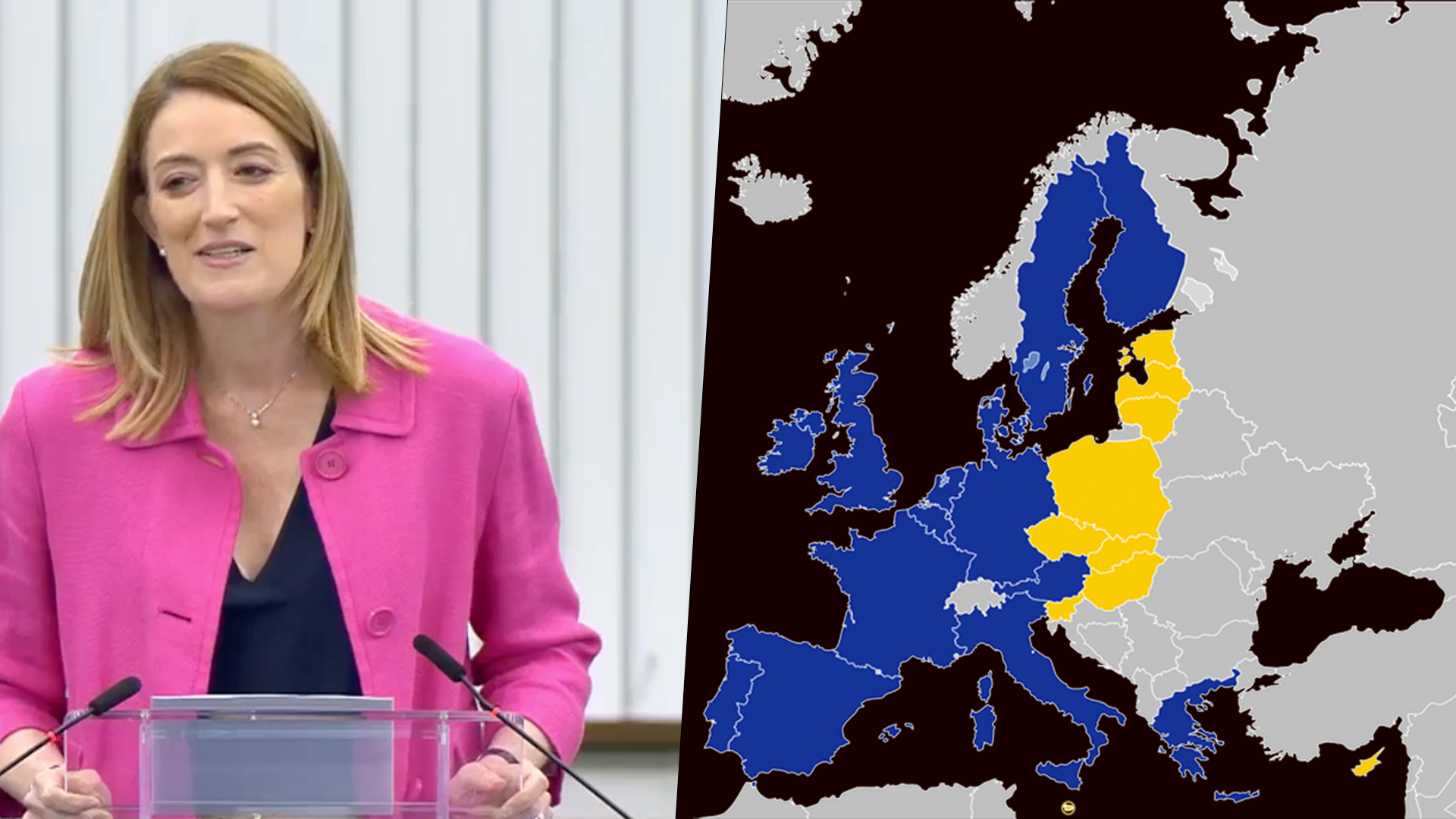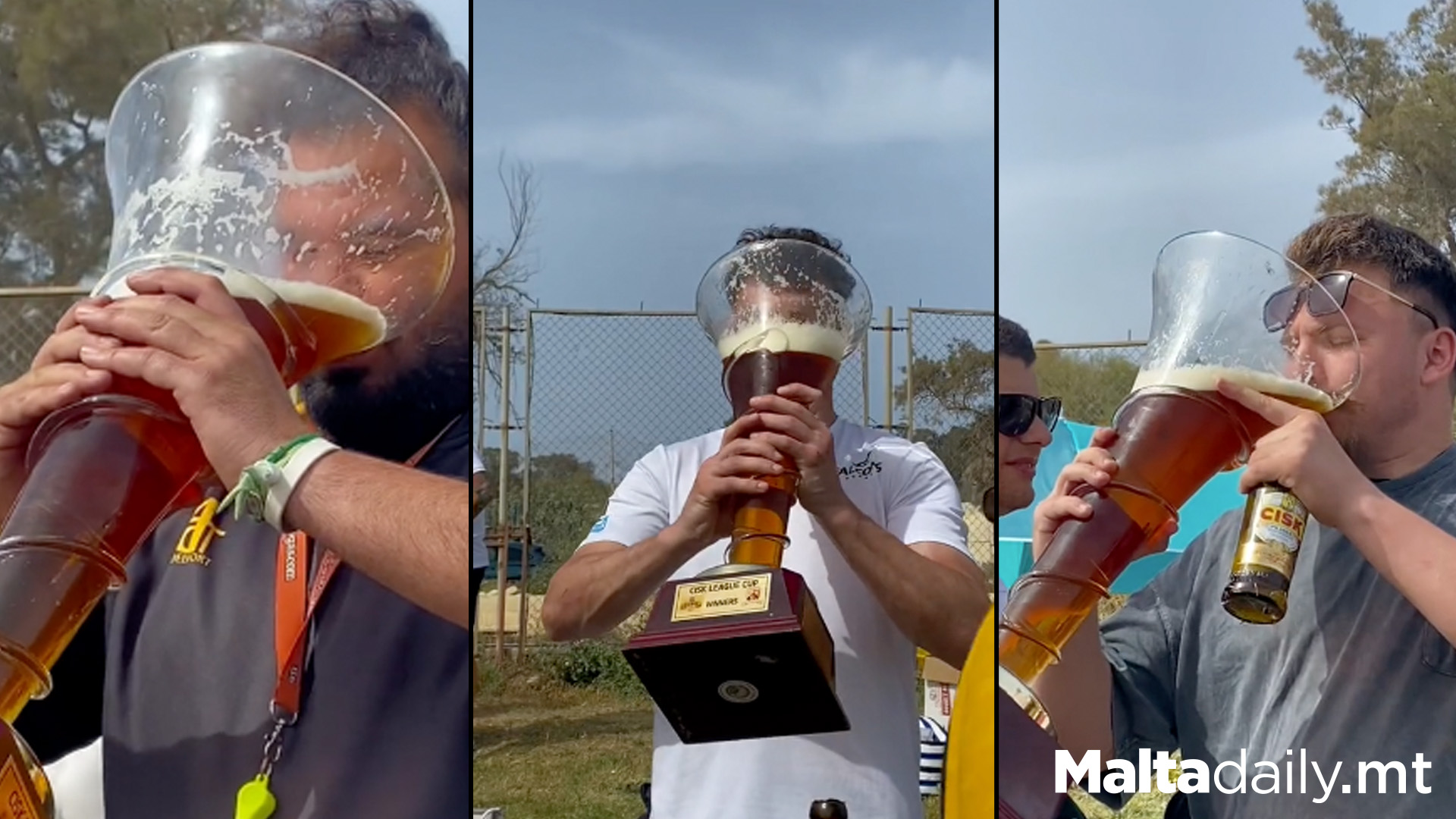
The European Statistics on Income and Living Conditions (EU-SILC) survey for 2023 revealed rates of material and social deprivation at 9.2% and severe material and social deprivation at 4.1%, showing slight decreases from 2022.
These rates are determined based on the ability of households to afford a set of essential items, with those unable to afford at least five items classified as materially and socially deprived, and those unable to afford at least seven items considered severely deprived.

Specifically, in 2023, significant percentages of respondents reported difficulty affording certain necessities, such as a one-week annual holiday away from home (30.0 percent), settling unexpected expenses over €770 (15.9 percent), keeping the home adequately warm in winter (6.8percent), and making timely payments on mortgage or rent, utility bills, or loan payments (5.7 percent).
The survey also highlighted disparities among different demographics, with 5.6% of children and varying percentages of adults experiencing severe material and social deprivation. Quality-of-life indicators, including social activities and leisure participation, also reflected challenges faced by a notable portion of the population.
Additionally, household problems such as pollution (34.6%), neighbourhood noise (30.5%), inadequate lighting (9.0%), and crime (7.6%) were reported, with an increase in overall dwelling-related issues compared to the previous year.
These findings underscore ongoing challenges related to material and social deprivation across demographic groups in Europe, emphasising the need for targeted interventions to improve quality of life and address housing and financial concerns.
#MaltaDaily
Source: NSO







